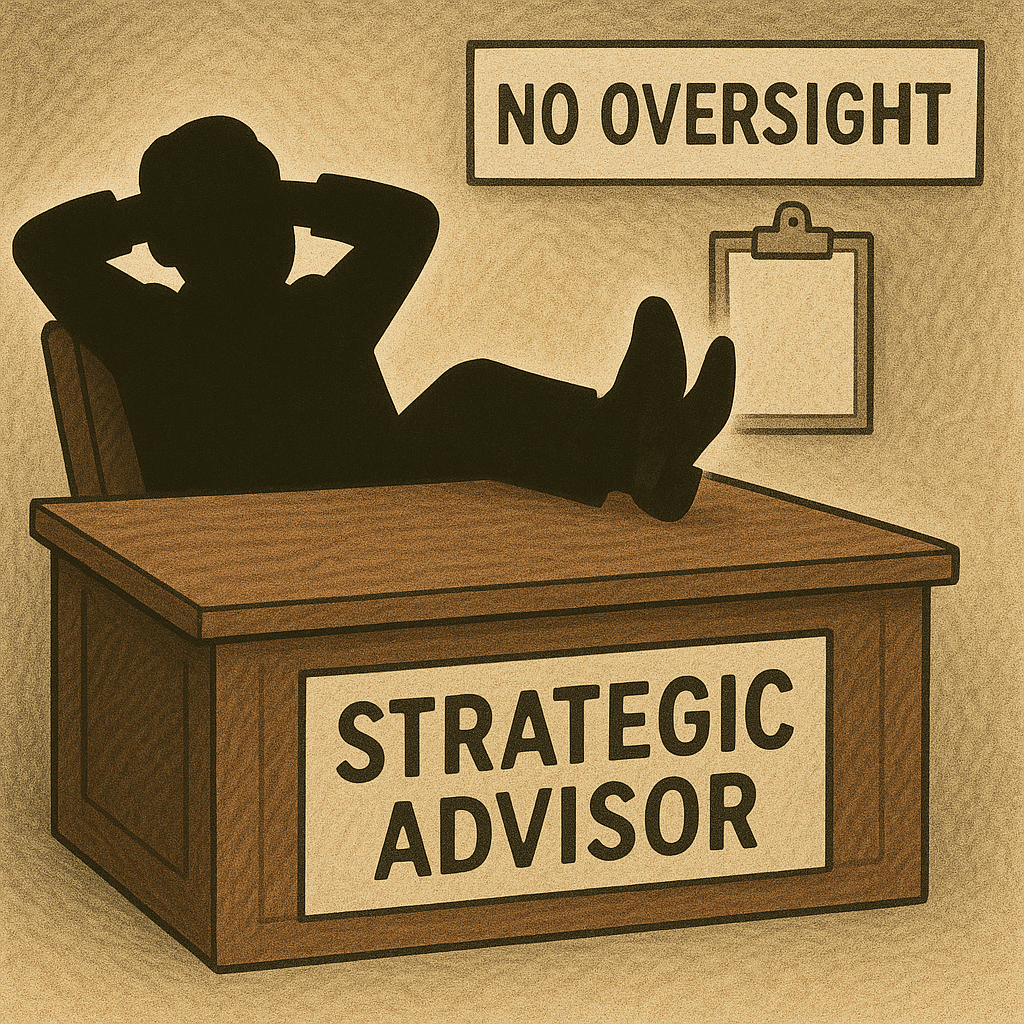Connecticut taxpayers are footing a nearly half a million dollar bill for former Connecticut State Colleges and Universities (CSCU) Chancellor Terrence Cheng — who will continue to “advise” the system from his home in New York, without supervising staff, attending meetings, or setting foot in Hartford.
A September 15th letter to Senate Republicans confirmed that during his final year on contract, Cheng “is not required to perform his work at the System Office,” “does not have staff that report to him,” and “is not required to attend the regular Board of Regents meetings.” Yet he continues to collect his full $442,187 salary — the same compensation he received as chancellor, but without the responsibilities.
“Arrogance. Disrespectful. Embarrassing.”
In a Sept. 16 statement to Yankee Institute, Senate Minority Leader Stephen Harding (R-Brookfield) did not mince words.
“At least we now know what $442,000 per year of Connecticut taxpayer money gets us,” Harding said. “It gets us someone who works remotely from his New York home, who supervises no one, and who doesn’t have to attend meetings to ‘advise’ the board as its ‘Strategic Advisor.’
“It’s arrogance. It’s disrespectful. It’s embarrassing. It’s also your state tax dollars at work under one-party Democrat rule.”
How Did We Get Here?
Cheng stepped down as chancellor in July following months of controversy over questionable spending on travel, alcohol, and meals. An audit by the Office of the State Comptroller found troubling use of his state-issued P-Card between July 2021 and October 2024, including:
- $27,125 in charges flagged for review
- Meals exceeding the $50 limit
- Purchases of alcohol
- Missing or incomplete receipts in 43% of transactions
- 30 improper sales tax payments and 18 excessive tips (over 22%)
Transportation expenses were equally questionable. Despite having a state vehicle, Cheng used a car service on at least three occasions, including a $490 trip from South Salem, New York to Stamford, Connecticut.
Auditors concluded that, “while not technically violating state or university policy we found that, in absence of sound, comprehensive policies, the Chancellor utilized poor judgement when making P-Card purchases that were especially troubling given the financial stress on the CSCU system.”
Governor Ned Lamont initially dismissed the scandal as “small ball.” Only after months of scrutiny did the Board of Regents announce Cheng would step aside. Yet instead of enforcing accountability, the board preserved his full salary and benefits in a newly created advisory role.
Accountability Matters
According to CSCU General Counsel Karen Buffkin, Cheng’s new role involves “identifying national practices, engaging peer systems across the country and developing actionable recommendations” in areas like early college, workforce development, and higher education funding models. Yet the arrangement imposes no office hours, no supervisory duties, and no requirement to attend board meetings.
In practice, taxpayers are left paying executive-level compensation for a job with little oversight and no measurable deliverables.
This is not just about one official. It reflects a culture of weak accountability in public institutions, where oversight is treated as optional and taxpayer money as expendable. Families and small businesses across Connecticut must account for every dollar. Public systems should be held to no less a standard.
If CSCU insists on keeping Cheng on payroll, his work should be tied to clear outcomes, deadlines, and transparent reporting. Otherwise, it sends a simple message: taxpayer dollars don’t matter. For students, faculty, and taxpayers who expect better, that is unacceptable.

